I have been a student of psychodrama for over 5 years now and perusing though my notes I came across this wonderful introduction to psychodrama by my first teacher- Herb Propper. Life has never been the same since my first psychodrama class- and while the journey of imbibing psychodrama is ongoing, psychodrama for me serves as the most poignant action based process of uncovering our humanity through play and spontaneity. Through playing out a range of roles we play specifically in our lives, we are able to access our own inner wisdom, resourcefulness and become more present to our being. The excerpt I have added below is a simple understanding of what psychodrama is and what it can do for us.
Picture credit: http://www.tcps.on.ca/imgs/slides/circle-hands.jpg
Excerpts from - An introduction to psychodrama by Herb Propper
What is Psychodrama?
Psychodrama is a means of exploring our lives together with other people in spontaneous roleplaying action. It is therapeutic in the widest sense, providing us with opportunities to investigate and integrate body, mind and spirit, and to connect more deeply with others than we often do in our normal day-to-day life. A fundamental goal of psychodrama is to help us activate and expand our individual and collective spontaneity and creativity.
What is spontaneity in psychodrama?
In psychodrama, being spontaneous is not about acting impulsively or blindly, without thought or consideration for others. Instead, spontaneity is defined in practical terms as being able to create "a new response to an old situation" or "an adequate response to a new situation," where adequate is measured by actions that satisfy both our own needs and those of the persons with whom we interact. Using various active role-playing methods, we have opportunities to practice a variety of responses to a person or situation. We can also experience the impact of our responses on others by stepping into their shoes and feeling the effects of the way we express ourselves or ask for what we need. Through the creative contributions of others who are participating in the role-playing, we receive a wider perspective on our own life.
What is 'surplus reality'?
Have you ever come away from a conversation or an event wishing you'd done or said something different? All of us have experienced this at one time or another. This is one example of a key element of psychodrama known as 'surplus reality.' Psychodrama works with the contents of our imagination, providing an opportunity to see, feel and even touch some of our inner images by bringing them into concrete, physical reality. Through the transformative power of surplus reality, we can give voice to objects that have emotional meaning for us, animals [including pets], and dead or absent parents, friends or family members. We are given the chance to experience life not as it was, but "as it ought to be," in other words, life as we truly and honestly would like it. This gives us the opportunity in a safe setting to try out new ways of living, creating "a rehearsal for life."
What is needed for psychodrama?
A psychodrama session consists of 5 essential elements:
1. A stage- which may be a specially-constructed area for the drama, or merely some open space in a room
2. A group of people- whether on-going or especially collected together to participate in a psychodrama
3. A protagonist- who is a member of the group who volunteers to investigate some aspect of his or her life in action, with the assistance and cooperation of the group;
4. A Director - someone who is trained and experienced in psychodrama, and who serves to guide and support the protagonist in his/her investigation, to coordinate the action of the psychodrama
5. 1 or more Auxiliaries [helpers for the protagonist]- members of the group who are chosen by the protagonist to play the various roles in the drama that emerges, and who aid the protagonist by bringing their own creative insights and spontaneous action into the drama.
Where is psychodrama used?
Psychodrama is used in hospitals, clinics and in private therapeutic practice by psychologists, psychiatrists, social workers, counsellors and mental health clinicians. With its companion method of sociodrama it is also used in educational settings, correctional institutions, religious institutions, community agencies, organizations and corporations.


